| size | 100g, 1Kg, 250g, 500g |
|---|
INCI Name
Zinc Oxide (CI 77947)
Physical & Chemical Properties
Appearance: White, fine powder
Solubility ;Insoluble in water; dispersible in oils or emulsions
Use Rate: 2% – 25% (typical: 5–20% in sunscreens)
pH Stability: Best above pH 6.0; below pH 6, zinc ions may leach and destabilize formulations
UV Protection Broad-spectrum UVA & UVB blocker
Comedogenic Rating 1–2 (low risk of clogging pores)
Functional Benefits
Physical Sunscreen: Reflects and scatters UV rays; photostable and non-irritating
Anti-inflammatory: Calms redness, irritation, and inflammation, ideal for acne and sensitive skin
Antimicrobial: Helps reduce acne-causing bacteria and supports wound healing
Barrier Protection: Forms a breathable shield that prevents moisture loss (TEWL)
Oil Absorption: Mattifies skin and reduces excess sebum
Ideal Applications
Mineral sunscreens (face & body)
Diaper rash creams and balms
Acne spot treatments and masks
Post-procedure recovery creams
Mineral makeup (foundation, powders)
Deodorants and barrier creams
Formulation Tips
Use coated zinc oxide (e.g., triethoxycaprylylsilane-treated) for better dispersion and pH stability
Avoid low pH systems (<6) to prevent ion release and instability
Combine with emollients like shea butter or squalane for improved skin feel
Compatible with titanium dioxide, niacinamide, and panthenol
Safety & Compliance
Non-toxic and generally recognized as safe (GRAS)
Approved by FDA and EU for sunscreen use
Suitable for sensitive skin, pregnancy, and baby care
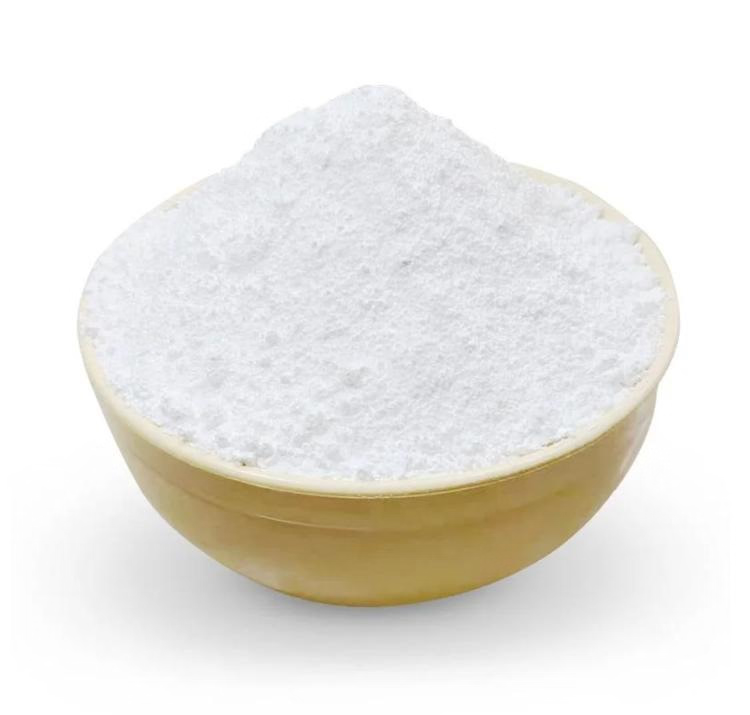
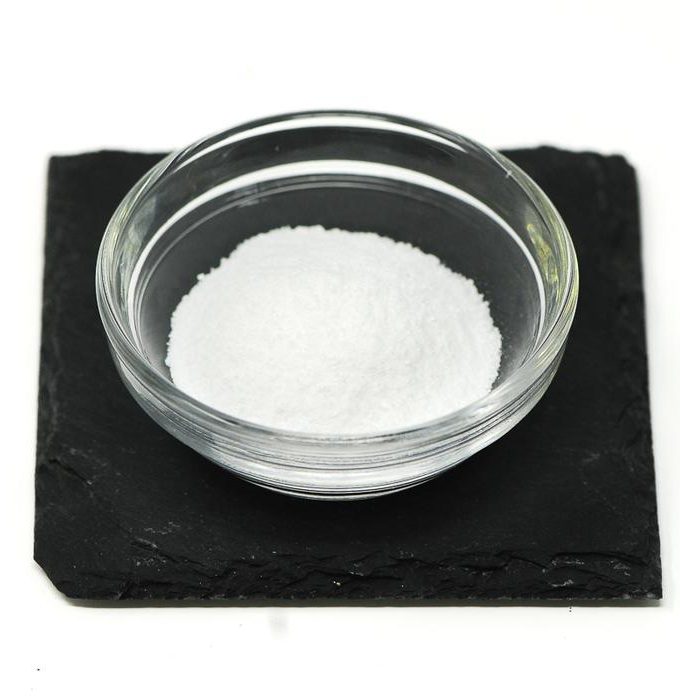

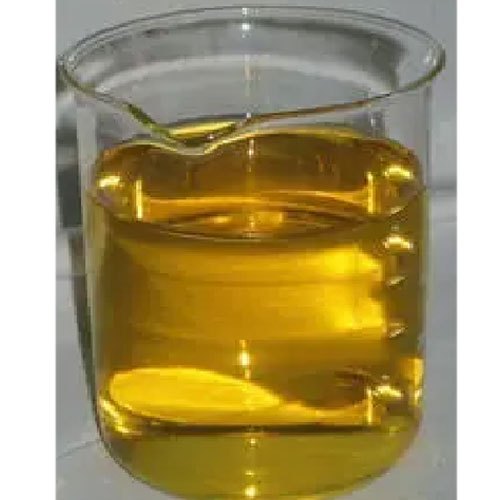
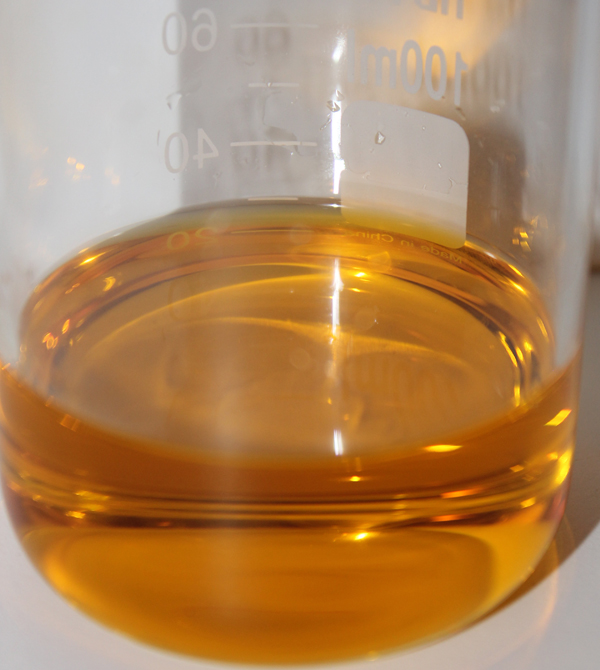

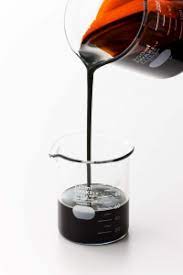

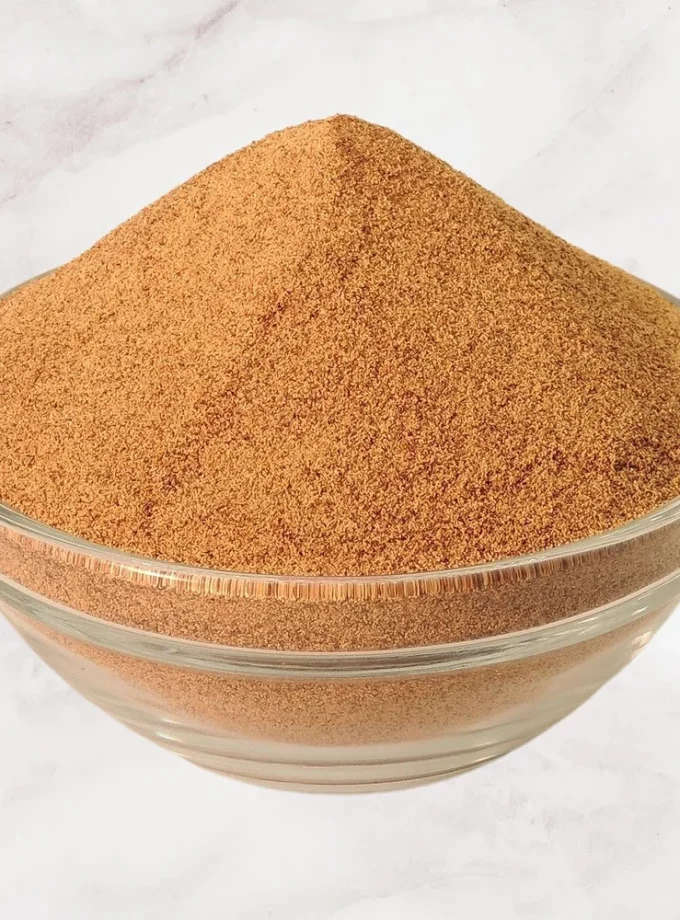
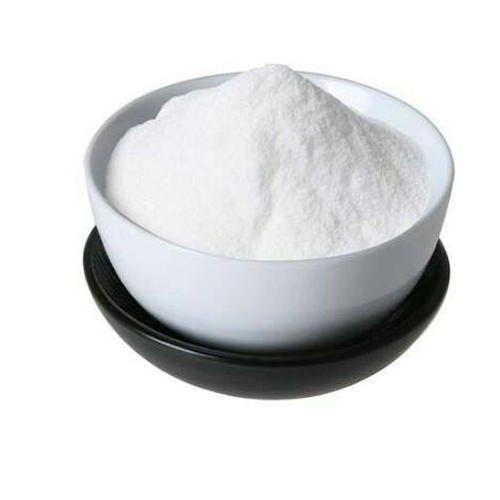

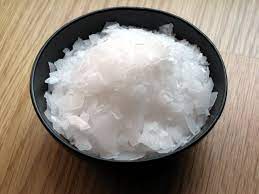
 No products in the cart.
No products in the cart.